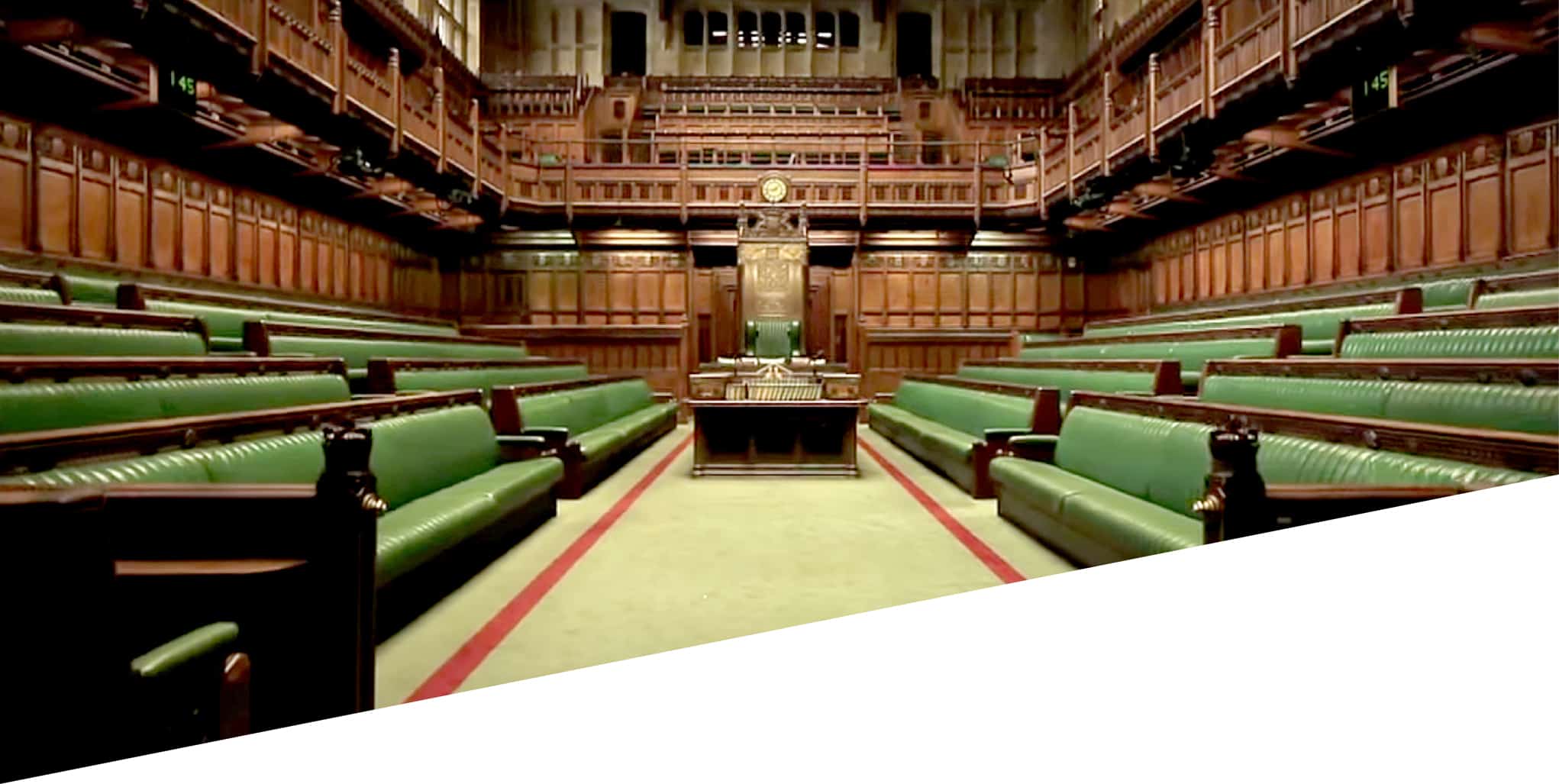Local Plans – A Great Big Inquiry
Published: 16.06.21
As we have covered in other blog posts, the planning system is on track for reform, big reform. The Housing, Communities and Local Government Committee, a cross party group of MPs released their report “The future of the planning system in England” First Report of Session 2021–22 on the 10th of June.
‘There are widespread concerns in relation to the upheaval of the planning system, letting something go that has been around longer than most of us was always going to have challenges.’
Former PM Theresa May has been particularly vocal on the matter, voicing her concerns stating that the reforms are “ill-conceived”. The Committee carried out an inquiry to understand potential implications and feed into the Government’s plans for planning.
The inquiry delved into proposed changes to the planning system being brought forward against the backdrop of COVID-19. There has been a series of consultations including the White Paper, the trajectory is for a whole new way of planning. The inquiry carried out both a review of the current system and the Governments proposed reforms. The evidence submitted to the inquiry was both written and oral, including from experts, ministers, and the public.
‘The report cites evidence which makes for interesting reading in terms of the differing views of those consulted, highlighting complexities and some big red flags.’
The inquiry sets out a series of conclusions and recommendations, the below sets out some of the key points.
Zoning.
- An overarching concern is the lack of detail in terms of the reforms, this made the assessment of the potential implications very challenging – further consultation on the detail is necessary.
- Concerns of the lack of detail on the three areas (zones), the inquiry was not convinced that zoning would produce a cheaper, quicker or democratic system.
- If the three areas are pursued, then Government should explain the implications for infrastructure and explain how it will enable providers to participate in the system.
The Local Plan.
- They welcomed an emphasis on plans being shorter term and in length, as well as it being a statutory requirement to have an up-to-date plan.
- Clarification on how the public will be consulted local plans, they also cautioned the dangers of watering down the ‘right to be heard’.
- Advised that the duty to cooperate should only be abolished if a suitable replacement is found.
Public Engagement.
- Individuals should be able to comment and influence individual planning proposals.
- The Government should clarify the role of local councillors.
- Statutory notices should stay in place and be integrated with digital technology.
The Housing Formula.
- The standard method that applies across the country is supported, clarifications on how this will be calculated is required.
How to Deliver new Homes.
- Evidence in relation to the basis of the 300,000 homes requirements, along with how this target will be achieved.
- The implementation period should be lessened to 18 months with the penalty of the permission being revoked. There should be an 18-month timeframe for completion with potential financial penalties.
- Focus on brownfield land supported, evidence showing the capability of brownfield sites to deliver the required homes.
Omissions.
- There are considerable omissions and Government should publish, in advance of the Planning Bill, expected impacts with consultations on these areas including, levelling up, the high street, transport and the environment.
Land Capture and Funding of Infrastructure.
- Disappointment in the lack of progress on land value capture and the Government should progress previous recommendations.
- If the Government proceeds with the Infrastructure Levy it should reflect local land values.
- The Government must confirm that there will not be a reduction in affordable housing as a result of the Infrastructure Levy. Further inequalities will need to be addressed through redistribution of Levy funds and through increases in infrastructure spending by central Government.
Resources and Skills.
- Confirmation of a commitment from the Treasury for an additional £500 million over four years prior to the introduction of the Planning Bill.
- A strategy to address resources and skills in advance of the primary legislation to the explain how gaps will be filled is necessary.
Design.
- Fast track for beauty should be aborted and the meaning of design be broadened to focus on not only the external appearance.
Green Belt.
- A review should examine the Green Belt and policy.
The above is informative in showing some serious hurdles to the implementation of reforms to the planning system. We will be providing further commentary on the inquiry report over the next few weeks, particularly in the context of SME developers.


